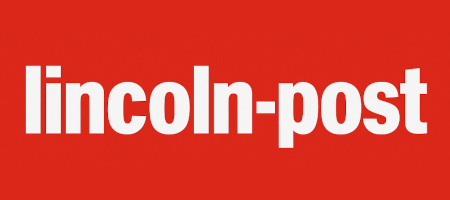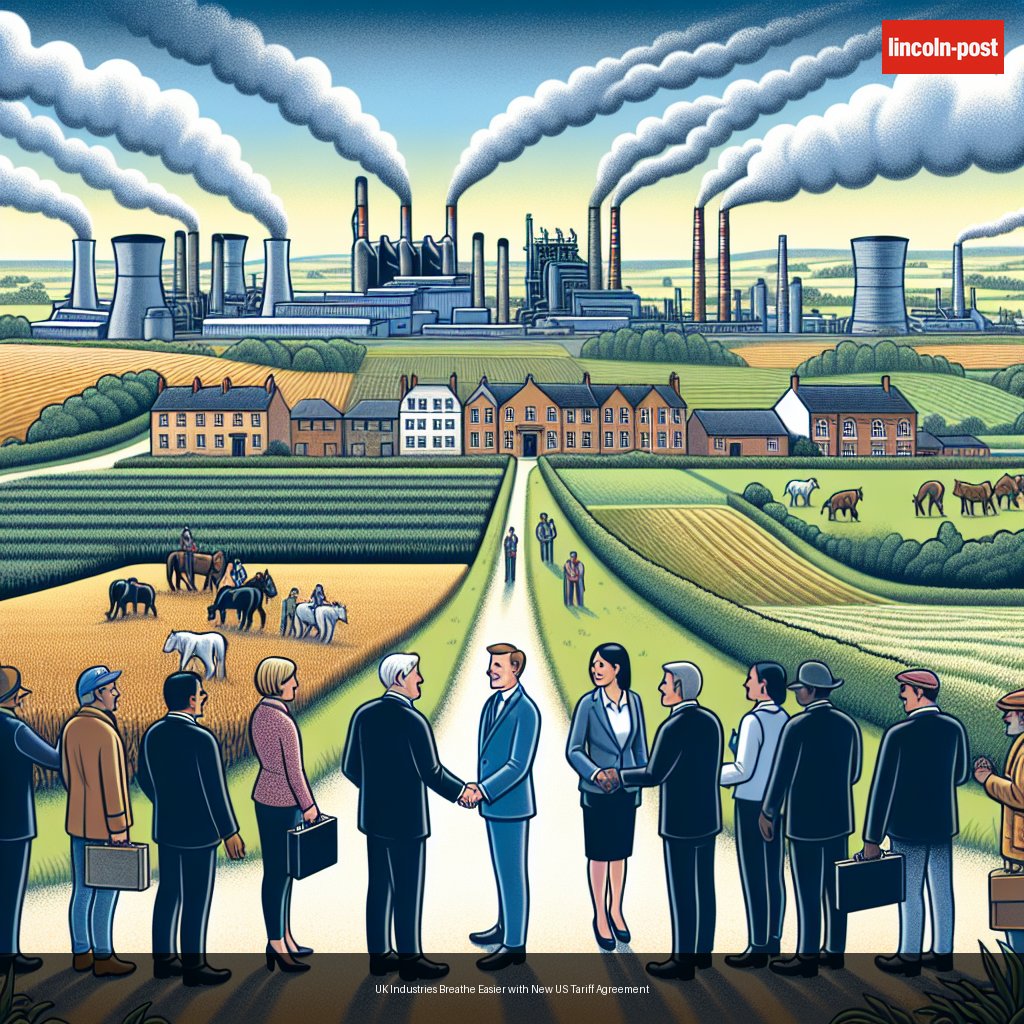The United States has consented to lower import tariffs on a range of British cars and permit specified quantities of UK steel and aluminium to enter the country free of tariffs. This agreement between the US and UK provides a degree of respite for crucial UK sectors affected by tariffs implemented by President Donald Trump. Nevertheless, the majority of UK goods will still incur a 10% duty. Although the agreement has been applauded by leaders from both nations, analysts allude that it does not substantially change the existing trade environment impacted by Trump earlier this year.
The news, although not formalised in a deal, was announced with great excitement. Sir Keir Starmer, speaking at a Jaguar Land Rover factory in the West Midlands, heralded the agreement as a ‘fantastic platform.’ Contrastingly, President Trump lauded it as a ‘great deal’ from the White House, countering assertions that its relevance might be exaggerated and outlining plans to extend it further.
The terms of the agreement will lower the import tax on cars from 25% to 10% up to a cap of 100,000 cars every year, benefiting luxury car makers such as Jaguar Land Rover and Rolls Royce, although it could limit growth compared to the export figures of last year. Tariffs on steel and aluminium, which were previously elevated to 25%, have also been diminished. Furthermore, the two countries have reached a mutual agreement on beef exports which includes a quota that allows UK farmers to export 13,000 metric tonnes. These details, however, require confirmation from the White House. The US predicts an export opportunity worth $5bn, incorporating $700m in ethanol and $250m in other agricultural products. US Agriculture Secretary, Brooke Rollins, underscored the importance of the deal.
Gareth Stace, UK Steel Director-General, extolled the agreement, describing it as a ‘major relief’ for the steel industry and attributed this development to the negotiating efforts of the UK Government. However, this deal has not been met with universal applause; Duncan Edwards of BritishAmerican Business revealed mixed emotions, characterising the deal as a nominal improvement. In Parliament, Conservative Shadow Trade Secretary Andrew Griffith called it a ‘Diet Coke deal,’ whereas Trade Minister Douglas Alexander emphasised that the agreement signifies ‘jobs saved, not job done.’









